WannaCry ransomware is still fresh on all our minds. People around the globe using Microsoft Windows as their operating system freaked out; WhatsApp overflowed with ‘Be Careful’ cries, online transactions almost stopped, and there were some who were scared of making simple ATM transactions. Let’s also call to mind the iCloud debacle where celebrities had to live through their personal images going public.
It all drives home one fact – nobody and nothing is safe from hacking. The worst part remains that you could be a target right now and not know at all. It could be in the games you play, the apps you download, and even the websites you frequent. But in the light of better safe than sorry, here are a few things you can take care of
1. Always keep a passcode enabled on your phone. ALWAYS.
There are no two ways about this. In the event of you losing your phone or leaving it unattended, it should be as protected as possible. A four digit passcode has 10,000 possible combinations, whereas a six digit passcode has 1 million possible combinations. Apple’s Touch ID sensor and Android’s finger touch sensor on their latest versions is also a great way of keeping a phone hack proof.
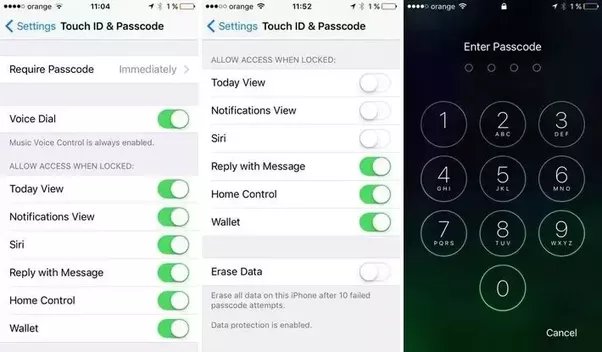
2. Never use the same password more than once. That ultra secure chain of words and digits won’t be so secure if someone finds out.
Let’s face it, many of us would plead guilty of using the same password for years. Also, ‘123456’ does not exactly secure your phone or account. The point of a password is to make it tough to crack. It’s advised that you use memorable sentences like ‘I’m an eight-foot tall ninja turtle’ rather than ‘My name is Shreya’. Apps like 1Password generate secure passwords and store them online.
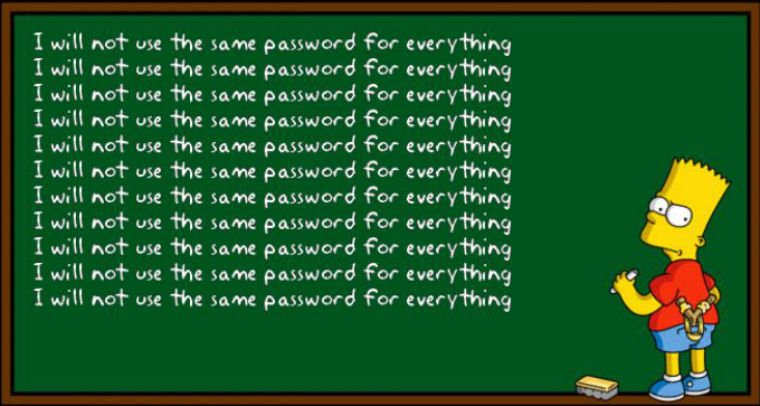
3. Just securing your phone is not enough. You need to check if you’ve been hacked or not.
To be in the safest zone, if you ever think that your user ID and password have been compromised, change it immediately. If you think you’ve been hacked, web pages like Have I been pwned help make sure whether your details have been compromised in a data breach.
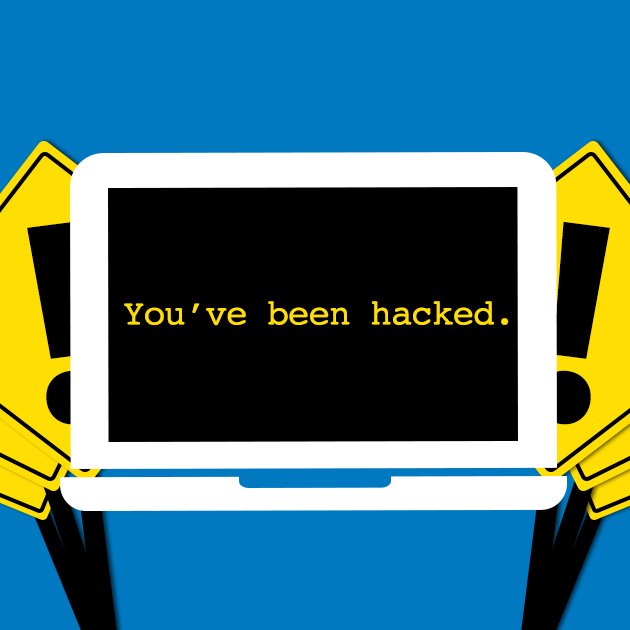
4. Be careful when lending phones to strangers to make calls, they might download apps that’ll make you prone to hacking.
It really is a big bad world. When you lend phones to people, they can instead download apps – without you ever knowing – and these apps will then be the snitches that transfer your data to their device. Lend the phone, but keep a close watch on what’s being done with it.
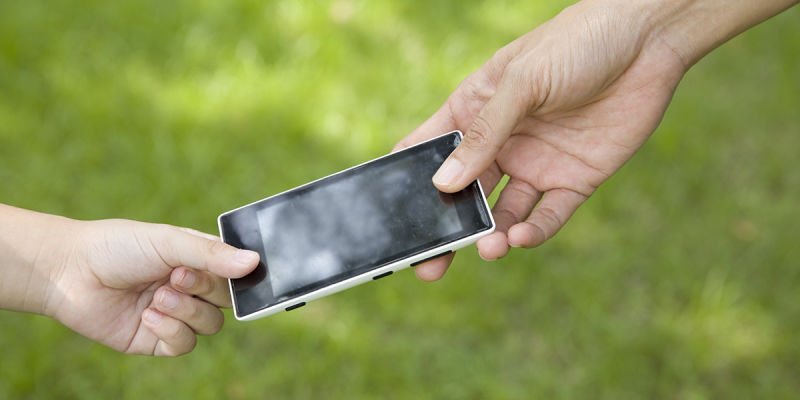
5. Beware of public Wi-Fi and charging points. They are one of the softest targets for hackers.
A phone that’s being charged via USB can be hacked. Be careful or try to altogether avoid connecting to Wi-Fi available at the airports as these are public and your data could become prone to hackers.

6. Not to go all Black Mirror on you, but cover the camera on your laptop. You never know who’s watching.
That’s right. You won’t even know which unimportant, irrelevant page brought it on you, and end up being a spectacle without even klnowing you’re one. Accessing unsafe web pages and unauthorised sites can lead to your webcam being hacked, the consequences of which could not be anywhere near pleasent.
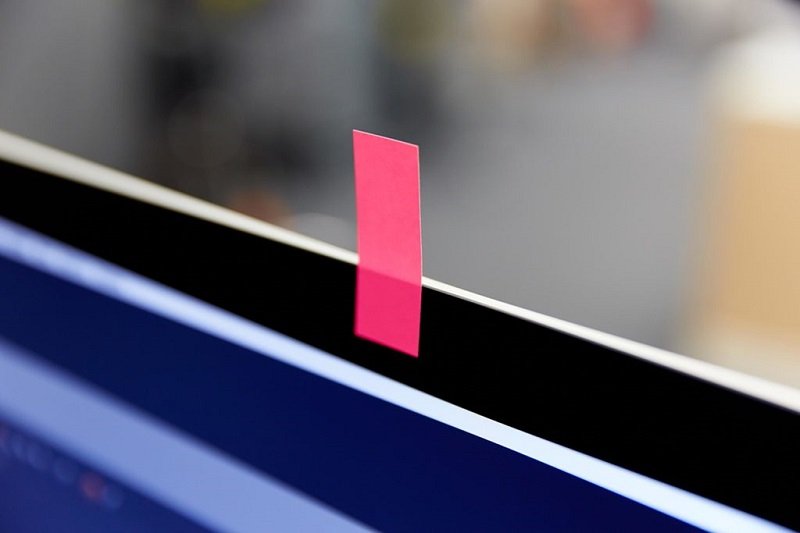
7. Common sense is another important factor. If deals look to be good to be true and ask for personal details, please know you could be on a tremulous path.
As kids, parents warned us not to talk to strangers. Make it relevant in your life once again. Do not forward or open suspicious looking emails, do not answer social media messages from people you do not know, watch out for phishing emails that ask you to log in or provide bank details.
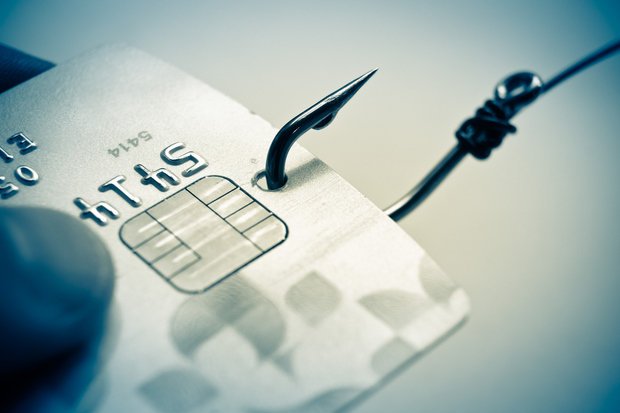
8. Download apps only from authorised sources like the Play Store and the App Store. They’re your safest bet.
Rooted phones run the risk of being hacked. In fact, every time you do not download apps from authorised stores, you put yourself at risk. It could be an app that transfers data to a host the moment you download it.

Be safe, be smart. Know what’s going on. Here’s a video by Chase to help you know how widespread hacking is. But protecting yourself does not stop there, here’s a video that to a great extent explains why you need to be safe. Watch it here.

















